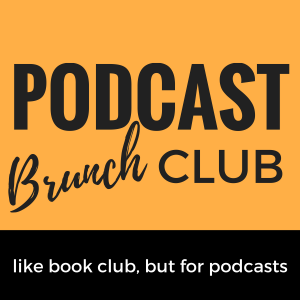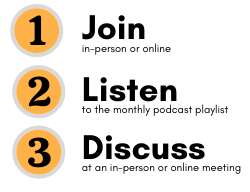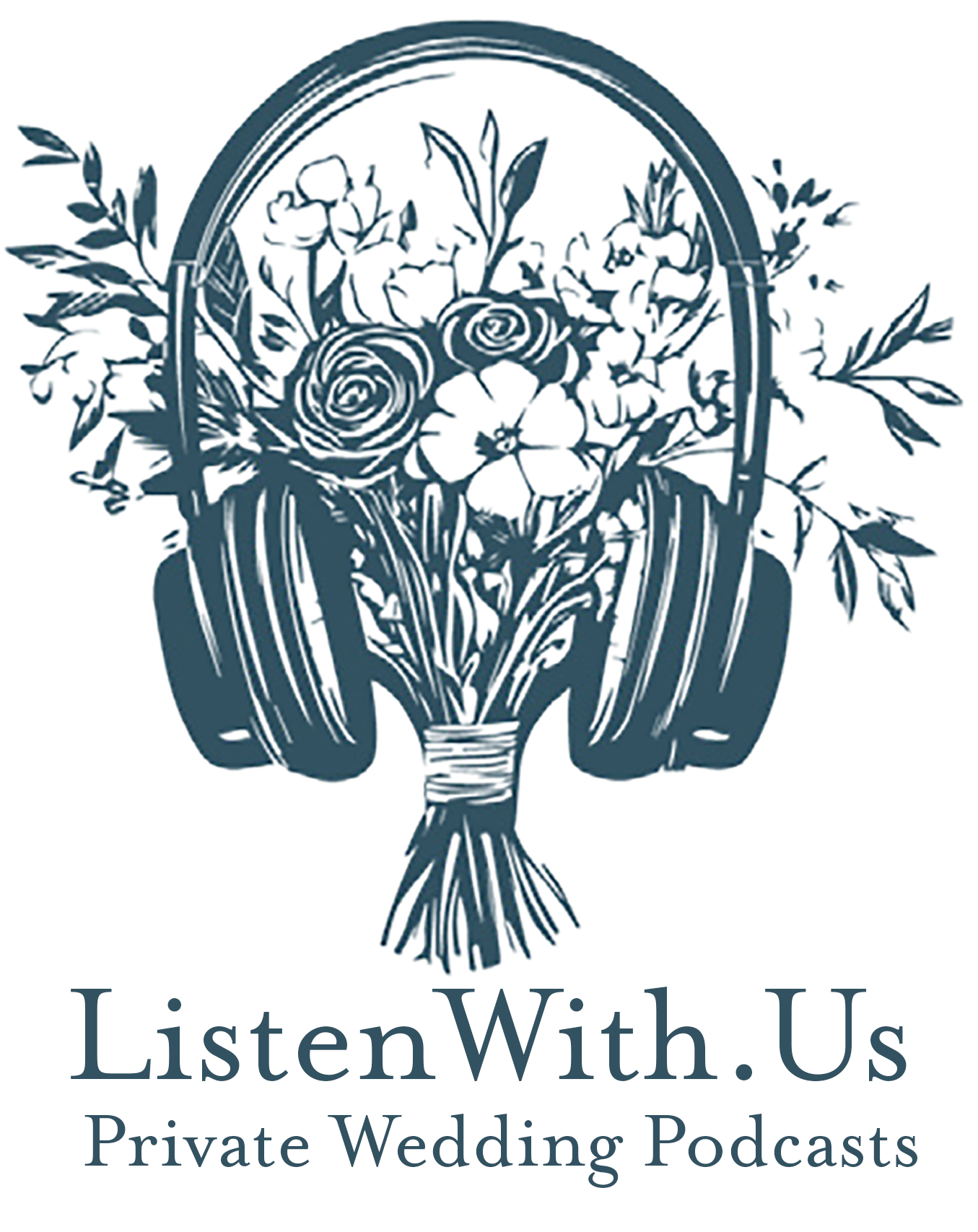NOSTALGIA: September 2023 podcast playlist


Nostalgia acts as a bridge between our past and present, intertwining cherished memories with our current experiences. It has the remarkable ability to evoke both positive and bittersweet emotions, reminding us of moments, people, and places that have shaped us. This complex interplay of sentimentality often prompts introspection, helping us appreciate our personal growth while maintaining a connection to the aspects of our history that continue to resonate with us. Moreover, nostalgia’s universal appeal highlights the shared human experience and our innate desire to reflect on the passage of time. Listen to these four podcast episodes about nostalgia and then join in on one of our global discussions on the topic!
This playlist was curated by Jenna Spinelle, leader of PBC’s global virtual chapter, founder of The Democracy Group, host & producer of the Democracy Works podcast, and host of When the People Decide podcast.
Podcast Playlist on NOSTALGIA
Get the full playlist on your podcast player of choice using these platforms:
| This Month’s Podcast Playlist | Running List of PBC Podcast Playlists |
| Listen Notes | Podchaser | Spotify | Listen Notes | Podchaser | Spotify |
Throughline: “The Nostalgia Bone (2021)” (December 2022, 57 min)
The global pandemic spawned a different type of epidemic, one of an entirely different nature: a nostalgia outbreak. Longing for ‘simpler times’ and ‘better days’, many of us turned to 90s dance playlists, TV sitcoms, and sports highlights. We looked for comfort and safety in the permanence of the past, or at least, what we think the past was. But, when it first appeared, nostalgia itself wasn’t considered a feeling; it was a deadly disease. This episode traces the history of nostalgia from its origins as an illness to the dominating emotion of our time. And in doing so, we wrestle with its eternal paradox to both hold us back and keep us going.
Hidden Brain: “The Time Machine” (May 2020, 5 min)
In recent months, many of us have looked back with longing at our lives before COVID-19. For many of us, that world was one of bustle and activity — marked by scenes of packed restaurants, crowded subway cars, and chaotic playgrounds. In this audio essay, Shankar discusses our wistfulness for the world before the pandemic, and why such nostalgia can actually help to orient us toward the future.
This Teenage Life: “Nostalgia” (April 2023, 21 min)
Growing up can be confusing. It’s easy to look to the past or future and fantasize about “when we all had it figured out.” But for many of us, looking back can feel bittersweet, especially when we think of the “simplicity” of being a kid. This episode explores our nuanced relationships with nostalgia.
Black Girl Burnout: “Opt Into Nostalgia” (June 2023, 16 min)
Welcome to the Black Girl Burnout Podcast. In this episode, Kelley encourages you to Opt Into Nostalgia. One way we express joy is through nostalgia, by connecting back to the things that mattered as kids or to that childlike joyfulness and playfulness. A lot of things that bring us joy are connected to our senses. Listening to music and cooking are two very therapeutic ways to experience joy. This episode is for you if you are ready to learn how to reconnect with healthy moments of joy from your past.
Conversation Starter Questions:
- How does nostalgia influence our perception of the past and present? Can looking back on fond memories alter our understanding of our current circumstances?
- In what ways does nostalgia impact our decision-making and preferences? Are our choices often influenced by a longing for the past, and if so, how does this shape our lives?
- Discuss the psychological and emotional benefits of experiencing nostalgia. How can revisiting past memories contribute to our well-being and sense of identity?
- Nostalgia often paints the past in a rosy light, but can it also hinder personal growth and acceptance of change? How do we strike a balance between appreciating nostalgia and embracing the present?







I loved the comment regarding whether our memory can be askew and might not be so reflective of what we actually experienced.